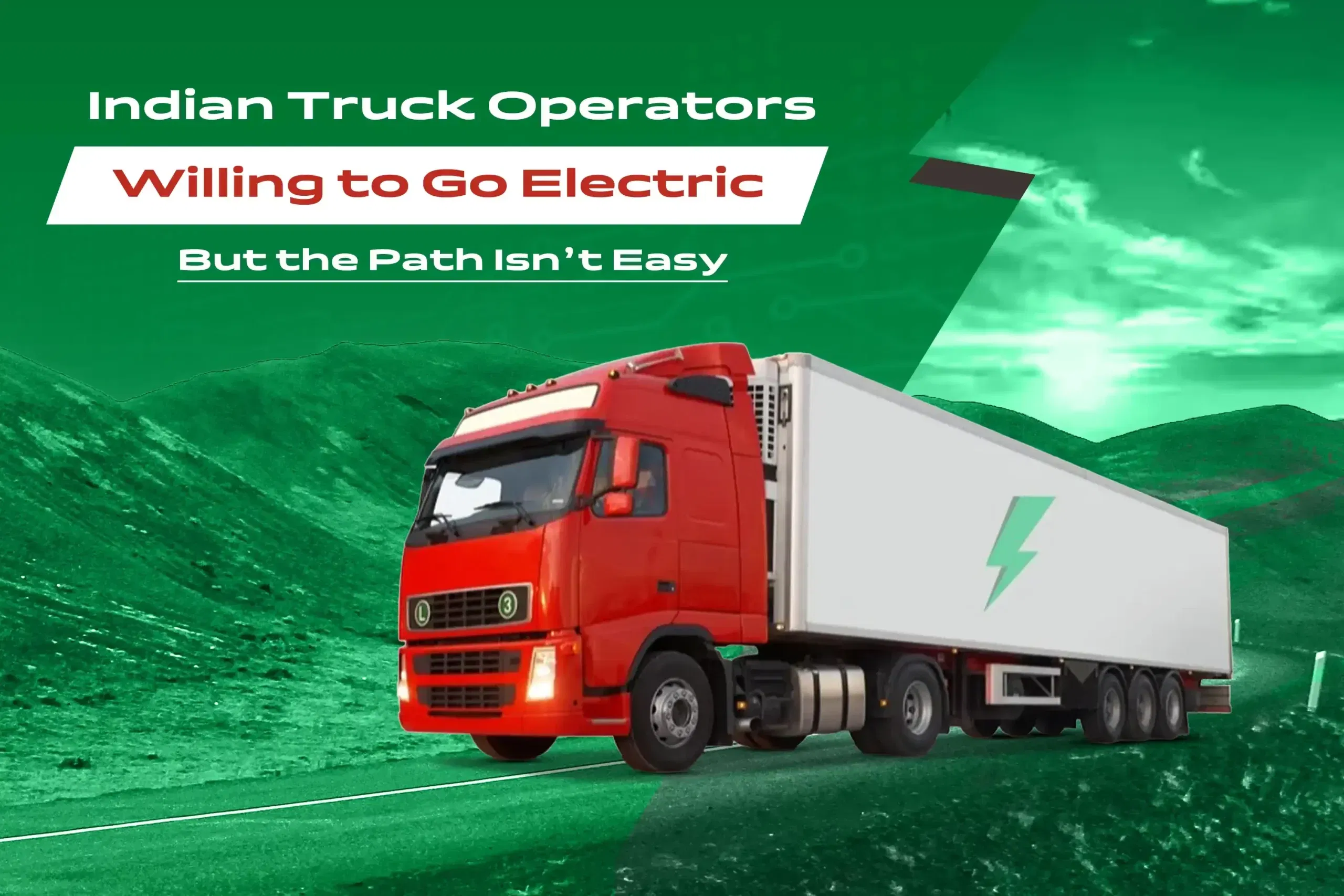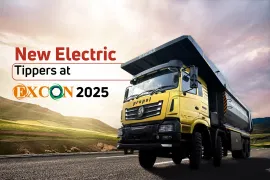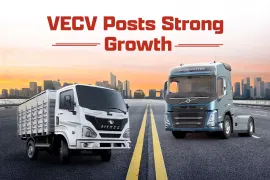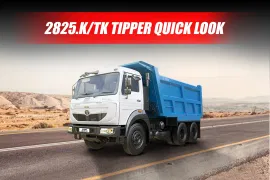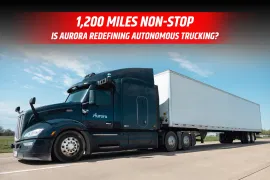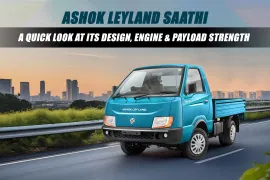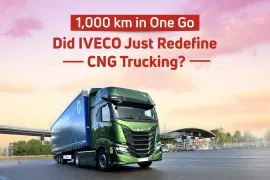The commercial vehicle sector in India is gradually turning into a sustainable one. According to a report, most truck operators are open to switching to electric trucks in India and hence exhibit a growing interest in cleaner transport. Still, the transition faces a host of EV transition challenges that slow full adoption.
Rising Interest in Indian Truck EV Adoption
The survey highlighted that 72% of the fleet operators would consider the adoption of Indian truck EVs if the barriers were addressed. Operators see long-term advantages in terms of lower fuel costs, reduced maintenance and government incentives. Surging diesel prices and stricter emission norms are other encouragements to consider electric trucks.
Medium and heavy-duty fleets also demonstrate readiness. Heavy-duty electric trucks now boast long-haul capabilities, equivalent performance to diesel trucks and reduced emissions. Operators are gradually considering electrification as a practical choice rather than an optional one.
Potential of Truck Fleet Electrification
Policies from local and regional governments enhance the viability of replacing truck fleets with electric vehicles. The use of tax rebates, subsidies for commercial vehicles and the expansion of the EV charging infrastructure create an opportunity for the fleet adoption of electric vehicles. Fleet operators can benefit from operating efficiencies and meeting sustainable initiatives.
Because of their defined distances, urban and regional routes are most suitable for electric trucks and can be acceptable for fleet integration. Incorporating electric trucks into a fleet's operations increases efficiency and reduces noise pollution while supporting air quality improvements. Fleet operators can take advantage of the operational and remediation benefits of deploying electric trucks.
EV Transition Challenges
Despite interest in EV transition, there are some stumbling blocks. High upfront costs deter many operators. Even with long-term savings, initial investment in electric trucks could be too costly for small and medium fleets.
Charging infrastructure is minimal. The long routes lack enough charging stations that create operational hesitation. Without proper network coverage, the complete replacement of diesel trucks by fleet operators is hesitant.
Workforce readiness also matters: drivers and mechanics need to be trained to operate electric vehicles. Concerns over battery life, replacement costs and resale value further delay the adoption process. Operators need to be confident in technology and maintenance before committing.
Way Ahead
Across the world, electric trucks are being deployed in delivery and regional freight networks; India is beginning to follow that trend. Collaboration among OEMs, government agencies and fleet owners is critical. Investment in charging infrastructure, workforce development and financing innovations can break through barriers to deployment.
Conclusion
The potential for electric truck adoption in India is significant. While there exists interest in the area, it remains to be seen if a coordinated effort will solve the high costs, unknown infrastructure and workforce readiness. Through collaboration and using the tools mentioned here, electric truck fleet electrification can unfold, permitting improved efficiency of operations and benefits for the environment towards a transition in the commercial vehicle sector.
For more articles and news, stay updated with 91trucks. Subscribe to our YouTube channel and follow us on Facebook, Instagram and LinkedIn for the latest videos and updates from the automotive world!
Also Read:
Truck Engine Oils Compared: Which One Delivers the Best Mileage?
October 2025: India’s Commercial Vehicle Sales Soar 17.69% Year-on-Year
Web Stories
Latest Trucks News
Categories
91trucks is a rapidly growing digital platform that offers the latest updates and comprehensive information about the commercial vehicle industry.
